Manjummel Boys Spotlights Survival Thriller Genre In Malayalam Cinema
Manjummel Boys is an ode to human resilience, and is already being lauded as one of Malayalam cinema’s most realistic survival thrillers. The genre has other gems that are well worth revisiting too.
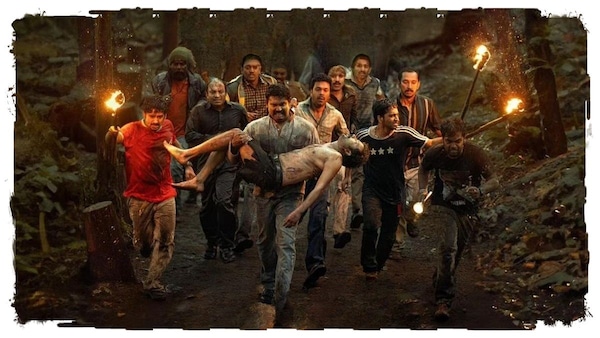
Last Updated: 05.29 PM, Mar 07, 2024
THEIR road trip to Kodaikanal is an impromptu plan; all nine of them stuffed into a single van, in high spirits (both literally and figuratively) throughout the journey. They halt at roadside stalls, buy woollens, ration their liquor, and yap nineteen to the dozen. Once in Kodaikanal, their energy levels don’t dip for an instant as they take in the sights. They’re the kind of noisy, errant tourists you would rather not encounter on your journey.
In his sophomore outing Manjummel Boys, director Chidambaram unpacks an oddly poignant survival drama amidst this chaotic setting. He allows the men — who in hindsight, aren’t given detailed character arcs — to grow on you. When one of them falls into an 800-ft pit inside the Guna Cave (also known as The Devil’s Kitchen), the fun fades and we are abruptly confronting the true depths of their camaraderie. When the enormity of the accident sinks in, the other eight men snap out of their stupor to chart an incredible story of humanity and friendship.
Their characters are sketched with such casualness that you are prepared to believe these men would immediately pack their bags and rush home when faced with such a crisis. But each of them surprises you with their compassion and generosity, as they frantically look for ways to save their friend. What elevates this survival thriller is their unabashed display of friendship that leaves us in tears, propelling us towards profound relief and joy as we witness their eventual triumph.
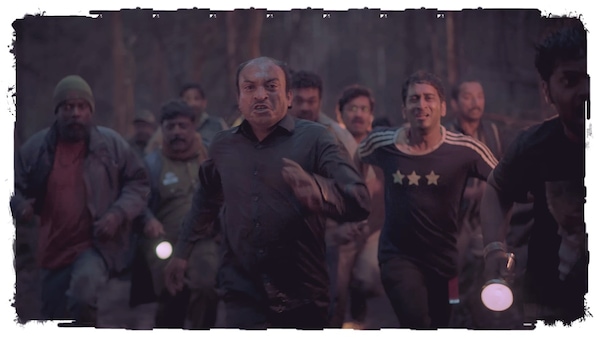
Manjummel Boys is an ode to human resilience, and the film is already being lauded as one of Malayalam cinema’s most realistic survival thrillers. The genre has other gems too — titles that are well worth (re)visiting if you’re in the mood to explore the vicarious anxiety of being extricated from a precarious situation.
In Malootty, Bharathan attempted a survival thriller similar to Manjummel Boys, based on a real-life incident from the ‘90s, where a toddler falls into a pit and is rescued after a painstaking mission. Before the central incident though, the filmmaker builds up a narrative to accommodate a family drama, replete with in-laws and other melodrama. And just when you think things are settling down, comes the tragedy. When you have to witness a little girl trapped inside a claustrophobic pit, battling for her life, you are already with her, heart in your mouth. Throw in the parents’ distress, her wails, and the agonies she is put through and you have a tense will they-won’t they drama.
Cut to a different setting: what would you do if you’re trapped in the freezer of a fast-food cafe? Mathukutty Xavier’s Helen pivots on this intriguing thread. The buildup to the incident is wonderfully written, introducing us to the eponymous protagonist’s world and her beautiful bond with her dad. There is a boyfriend; her education; her part-time job at the cafe — and the eventual crisis. Be it the cafe owner or an unruly cop, every character makes an impression. The conflicts that precede the incident are effectively staged, and so is the whole survival stretch. Anna Ben is so believable as Helen that even the air conditioning might start to unsettle you.
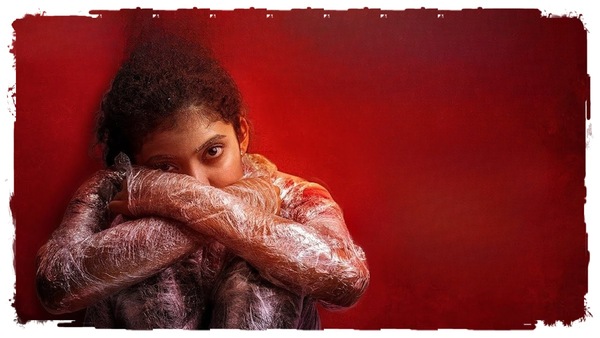
Meanwhile, in Jude Anthany’s 2018, based on the Kerala floods, the narrative starts with the calamity that robbed people of their lives and livelihoods. What is being unleashed is a flood of memories that touch a raw nerve for anyone who has experienced it. Despite the generic and predictable narrative that introduces us to the myriad characters, the relatability factor is undeniable. And the film truly comes into its own when the floods take centre-stage with a village serving as a microcosm for the state. The special effects are so immersive that you are also swept away by the disaster unfolding in front of you. As people scramble and swim through the floodwaters to survive, you feel emotionally and physically drained. That’s why despite the simplistic staging, the emotional stakes are high enough to bring in the requisite goosebumps.
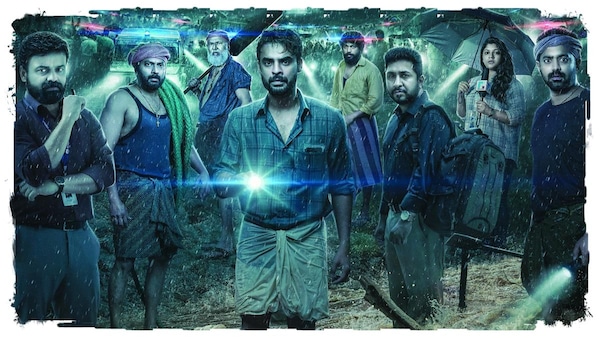
If 2018 was an emotional mining of a disaster that shook up an entire state, Aashiq Abu’s Virus was a clinical and realistic cinematic recreation of the Nipah outbreak. How do you turn a rare and fatal virus outbreak that stymied state machinery, the healthcare sector and ordinary human beings, into a compelling script and cinema? You bring in action, intensity, reality, research and pragmatism, whilst balancing it on a tightrope of thrill and drama, creating a multitude of characters who seem to have walked into the frame right out of real life.
Virus — written by Muhsin Parari, Sharfu and Suhas — is also Malayalam cinema’s first medical thriller. The scenes depicting the initial outbreak — patients being admitted with high fever and other symptoms, followed by the trepidation and confusion among the doctors, the possibility of a new epidemic, the identification of the virus, the involvement of the state government — are flawlessly crafted. The writing is thoroughly researched and more importantly, the medical jargon has been brilliantly broken down for the layperson. Virus also sensitively humanises the characters, their complexities, insecurities, fears and anxieties, without ever disparaging them.
Malayankunju — written by Mahesh Narayanan and directed by Sajimon Prabhakar — has a hero who gets trapped in a landslide. What works in the film more than the survival aspect (which is understandably claustrophobic) is how the central character Anikuttan (played by Fahadh Faasil) is etched out in front of you, especially his idiosyncrasies and dysfunction. One of the smartest choices the film makes is not stretching out the landslide portions, yet keeping us morbidly riveted to Anikuttan’s plight. The timing of the natural disaster is so strategic that you are caught off-guard, just like the protagonist.
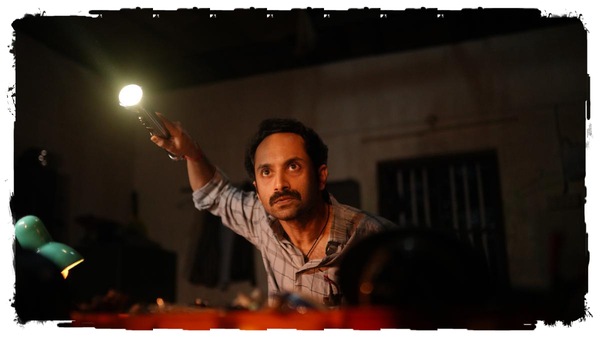
The point-of-view shot framing makes the ordeal uniquely pulse-pounding and stressful; just when you’re sure it can’t get any worse, it does. Faasil throws himself into the narrative, soaked in muddy water, enveloped in debris, screaming, wailing, and panting for help. A baffling thing happens here — while you feel Anikuttan’s agony, helplessness, and disturbed state of mind, you aren’t really on edge awaiting his rescue, because you somehow know it will be done. Therefore, rather than an inspirational and uplifting survival tale, Malayankunju is a moving experience due to Anikuttan’s humbling transition.
